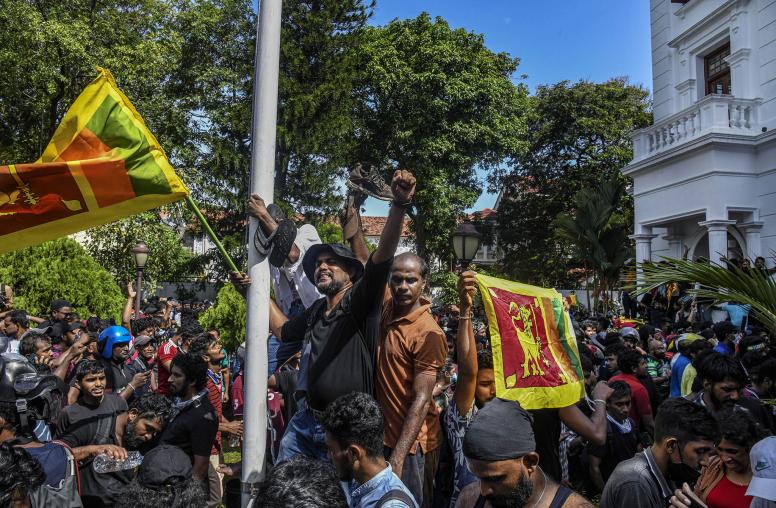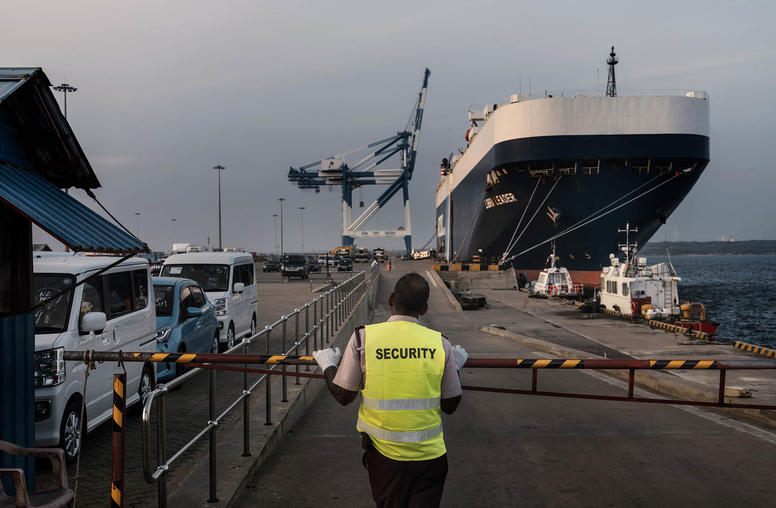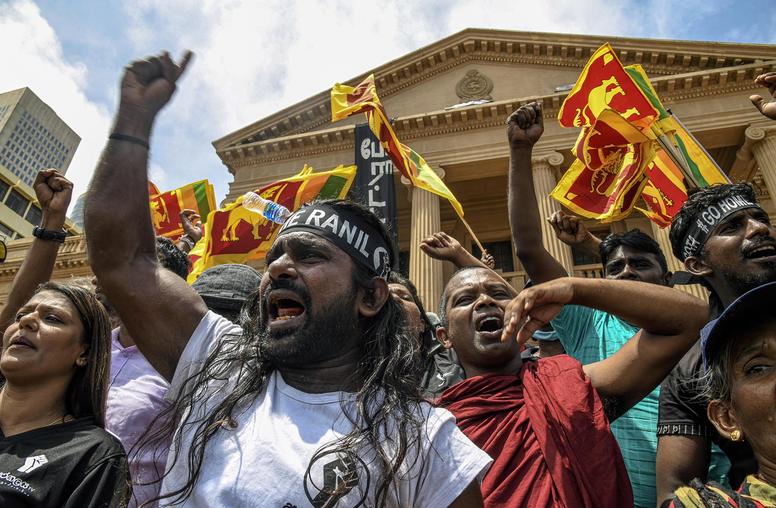From Sri Lanka to Uganda, women in civil society have been the driving force behind some of the most effective mediation efforts in conflict areas. Sanam Naraghi Anderlini, MBE, founder and CEO of the International Civil Society Action Network, discusses the three components that make up a successful partnership between women and civil society: recognition of women peacebuilders' expertise, solutions and analysis; protection for women that risk their lives; and effective resourcing and funding so that they can build trust within their communities.



